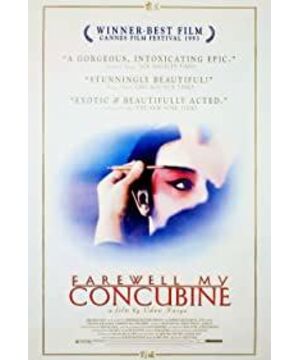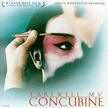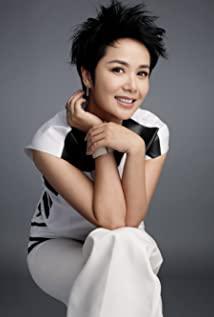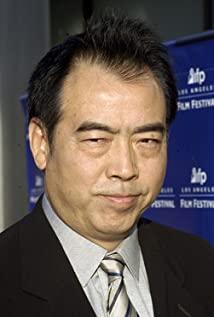After 10 years, looking back, the answer is finally confirmed: this is of course a commercial film, and it is the best and most ingenious commercial film in China at that time.
Jia Zhangke once clearly stated that he did not like Chen Kaige's later works, including "Farewell My Concubine" and "Farewell to the Moon", because "the drama and popularity are too strong". This is a great truth. Who is the real soul of this movie? Chen Kaige? Li Bihua? Xu Feng? It seems not. Those things that Chen Kaige is good at are just symbols in the movies, and these symbols are even suspiciously Westernized: anyone who has received simple Freudian training can easily see the difference between pipe pot, pinkie cutting and castration. The connection between them is far less natural and appropriate than the details of the character creation in "Kid King"; and the simple description of the Cultural Revolution is not even comparable to his writing in his autobiography.
But this film can enter the vision of most people, precisely because Chen Kaige is no longer blindly indulging in abstract themes. He correctly performed his duty as a director and told Li Bihua's story with images. Li Bihua's original work is actually nothing more than a Westernized Chinese coat, covered with a veil of Peking Opera, but it is about the emotional tragedy of Butterfly Jun, which is easy for Westerners to understand. And Chen Kaige found a Chinese ethical basis for this butterfly-like emotion: from the beginning to the end. His atmosphere and rationality neutralized the coquettishness and weirdness of Li Bihua's original novels, giving this strange love story a quiet and solemn temperament, creating a quiet and clear artistic conception, just like the scene in the film: the children of the troupe gathered in the In front of the reeds, the reeds are swaying and the snow is white. This is the ancient China that we have never seen but yearn for.
Sometimes, the impression of a movie in people's minds is proportional to time. "Farewell My Concubine" is such a movie. As time goes by, it becomes a small monument in itself, and it has a kind of fun in research. , suitable for everyone as a collective audience. Now I especially like to watch the DVD of this movie with others, and at the same time I like to talk about the film's extras. For example, one of the gangsters who flirted with Juxian in Huamanlou was Huang Lei, who was a student of the film school; for example, I asked The one who said, "Say, do you love her or not" was Wu Dawei. There are also some old-fashioned sighs, such as: How young was Gong Li back then! Leslie Cheung acted really well back then, wait and more.
The so-called classic, probably so.
View more about Farewell My Concubine reviews











